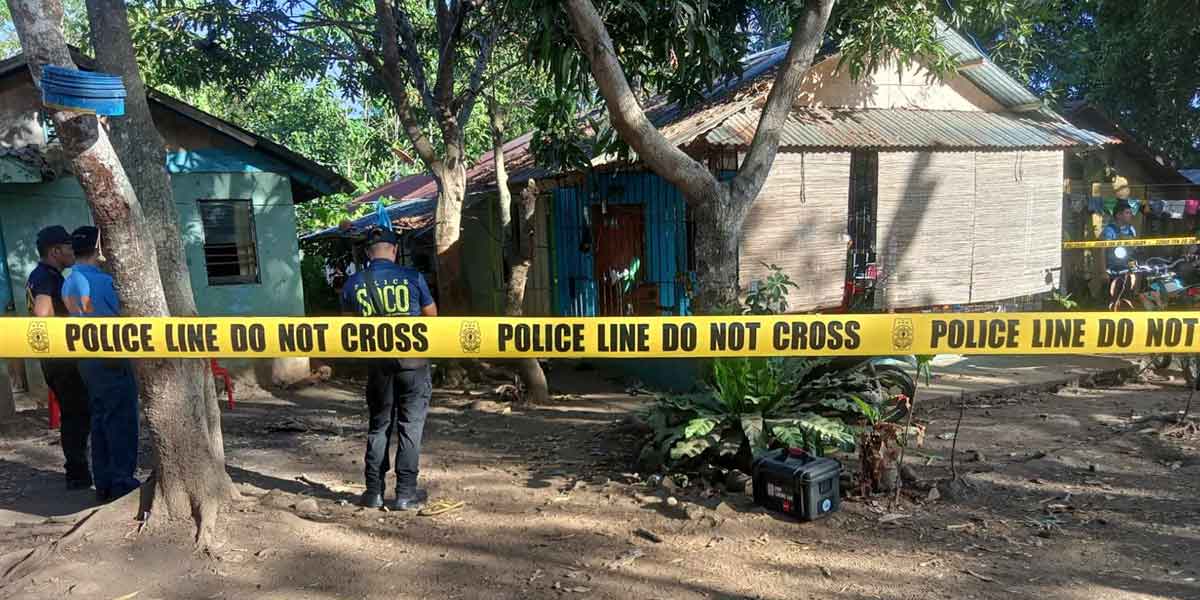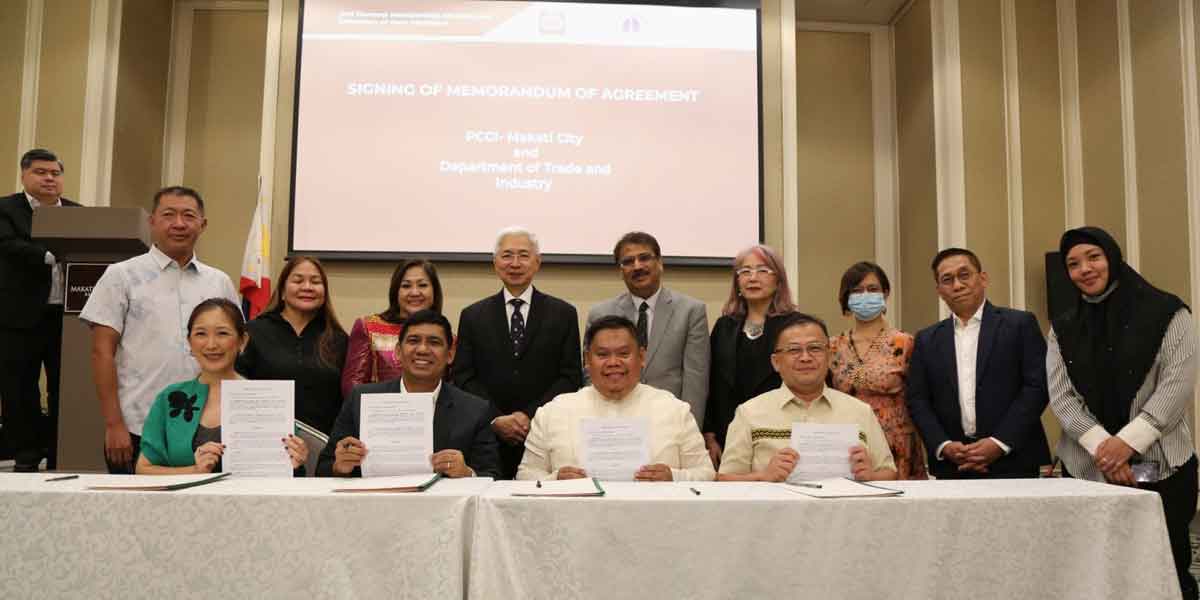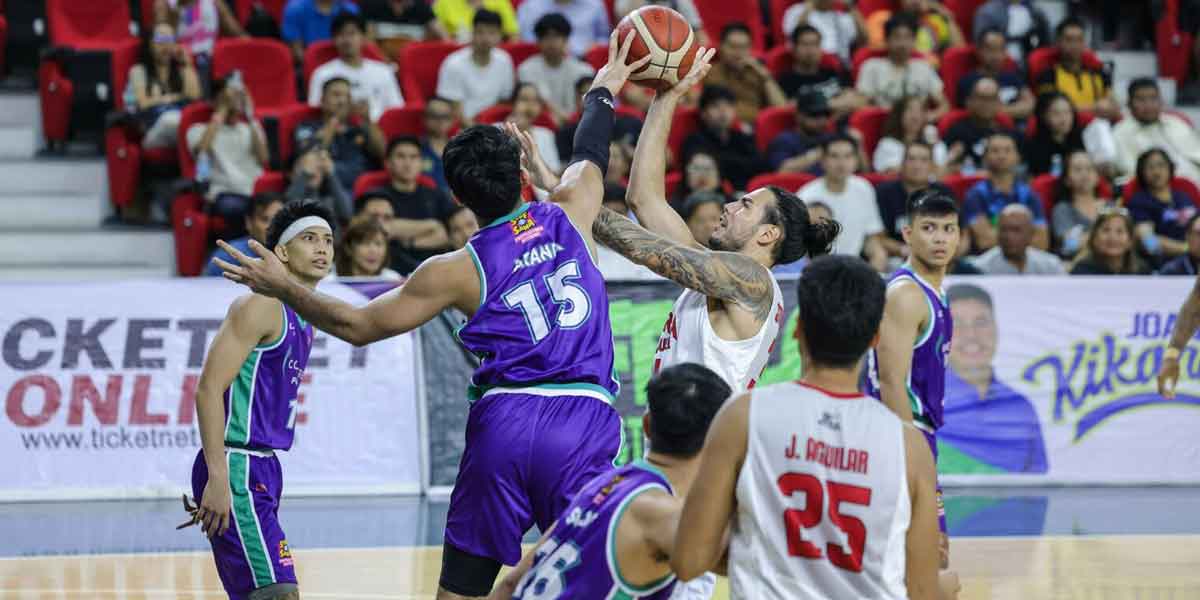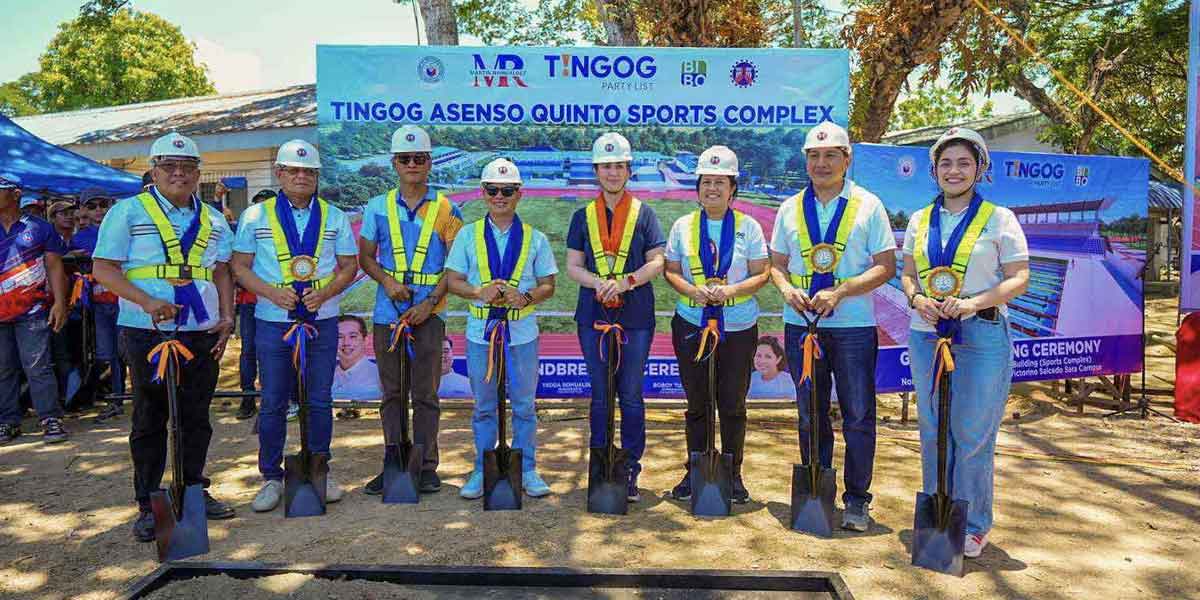By Atty. Anfred P. Panes
When a legislative dictum truncates one of the essential powers of a regulatory body in conducting licensure and qualifying examinations in admitting the pool of professionals to practice in their respective field, how will our country fare in maintaining the professional standard of competence and ethics in the field of law, medicine, and engineering?
Licensure examinations are not mere ceremonial processes where we can dispense at will. While we understand that Secretary Bello’s statement on the dispensation of the Bar and Nursing Board Examinations does not necessarily reflect an institutional position, still, we have to be wary of the optics it may project. Bello stated that the Professional Regulation Commission (PRC) is a regulatory body. I raise no dispute as to that fact. However, we need to emphasize that conducting examination is not incompatible with the regulatory function of the PRC, which, knows better in the field of admitting who to practice in the nursing industry.
Especially in the Bar Exams, the yearly Bar Syllabi are crafted in such a way to gauge the basic understanding of a Bar Candidate of the theoretical knowledge and applications thereof in real life situations, which are substantially reflected in the annual Bar examinations. Memory is different from analysis. While we can always refer to books in seeking the objective truth of the law, the analysis phase is played in another mental dimension which cannot be easily answered by mere flipping of the law book. The same intellectual praxis applies in the medical field.
The rules and processes of the Bar Examinations fall within the authoritative province of the Supreme Court finding refuge under Rule 138 (Attorney and Admission to the Bar) of the Rules of Court, in conjunction with Article 8, Section 5, paragraph 5 of the Philippine Constitution. Hence, it cannot be encroached upon by mere legislative will in form of dispensing the required examination for admission to the Philippine Bar.
On the matter of dispensing the bar and the board examinations, it is my position that such would be a dangerous step in admitting legal and medical professionals in the field because we are dealing with the scientific and legal procedures, the technicalities of which, are not only taught in the academic institutions, but are also tested in application by means of qualifying examinations to be admitted in the field. We cannot just put the health, life, and liberty of a person at the risk of academic mistake because the bar and board examinations are essential mechanisms to gauge the analytical and practical skills of a person, whether he or she can correctly apply the theories learned in school. The end of having competent professionals in diverse fields outweigh the necessary burden of qualifying examinations for admission.
Lastly, we cannot, if not hardly, treat the years of study of law, nursing, dentistry, or engineering as tantamount to competence in the practice of the aforementioned professions because of the required higher dimension of analytics of weaving the theories in practice, though hypothetically presented in the Bar and Board Examinations. Let us not put this matter on the false dichotomy that the necessity of conducting examinations means lack of trust in the academic institutions conferring law, engineering, and nursing degrees. We need these examinations so that we cannot just indiscriminately admit people in the legal and medical fields, who may or may not possess the necessary theoretical and practical skills thereto.
Nonetheless, Bello’s view thereon was made with a reservation acknowledging that it needs to be studied on. Administering the Bar Examinations and the Nursing Board Examinations is just one way to ensure that who we put in the field of protecting our life, liberty, property, and security, proves a reasonable merit in serving the public. It is a noteworthy remark that the very essence of practice of profession is to serve the public – and by the public we mean the humanity that we serve, we save, and we protect. By whom? By those who passed the test of basic competence.





















